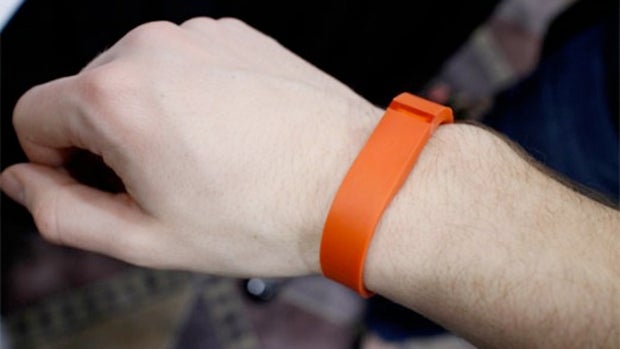Fitbit faces lawsuit over alleged sleep-tracker inaccuracies

Fitbit is facing legal action over allegations that its sleep-tracking features are failing to accurately count your Zs.
A lawsuit has been filed by a Florida, US resident who purports that Fitbit’s sleep-tracking capabilities are false.
The plaintiff, James Brickman, bought his own Fitbit Flex back in 2013, and was so unimpressed with the feature that he decided to litigate against the manufacturer, as reported by ArsTechnica.
Brickman is looking to achieve class-action status for the suit, in hopes of representing any customers who bought sleep-tracking Fitbit devices.
Such models include the Fitbit Force, Flex, One, Ultra, Charge, and Surge; that’s a wide-range of devices that could draw a huge number of claimants into the case.
According to the suit, Fitbit’s devices ‘consistently overestimated sleep by 67 minutes per night’.
Related: Best mattress
This was in contrast to polysomnography, which is the method of sleep-tracking that scientists and researchers use.
A less accurate measure called actigraphy reportedly still found Fitbit devices to be overestimating sleep by around 45 minutes each night.
These statistics come courtesy of a 2012 study published in the Sleep Health journal, which involved a total 24 participants.
Related: Best Fitness and Activity Trackers 2015
“The Fitbit sleep-tracking function simply does not and cannot inform the user how well they slept with any accuracy whatsoever,” reads the complaint.
Brickman alleges that Fitbit fails to explain to customers that sleep data presented as ‘exact times and percentages’ may not be accurate.
The complaint continues: “Thinking you are sleeping up to 67 minutes more than you actually are can obviously cause health consequences, especially over the long term.”
The lawsuit, which claims that competition laws, false advertising laws, and federal warrant laws are being breached, has been filed in San Francisco federal court.
After publishing this story, Fitbit sent TrustedReviews an official statement on the matter:
“We do not believe this case has merit. Fitbit strongly disagrees with the statements about the product and the Company contained in the Brickman complaint and plans to vigorously defend the lawsuit,” read the statement.
It continued: “Fitbit trackers are not intended to be scientific or medical devices, but are designed to provide meaningful data to our users to help them reach their health and fitness goals.”


